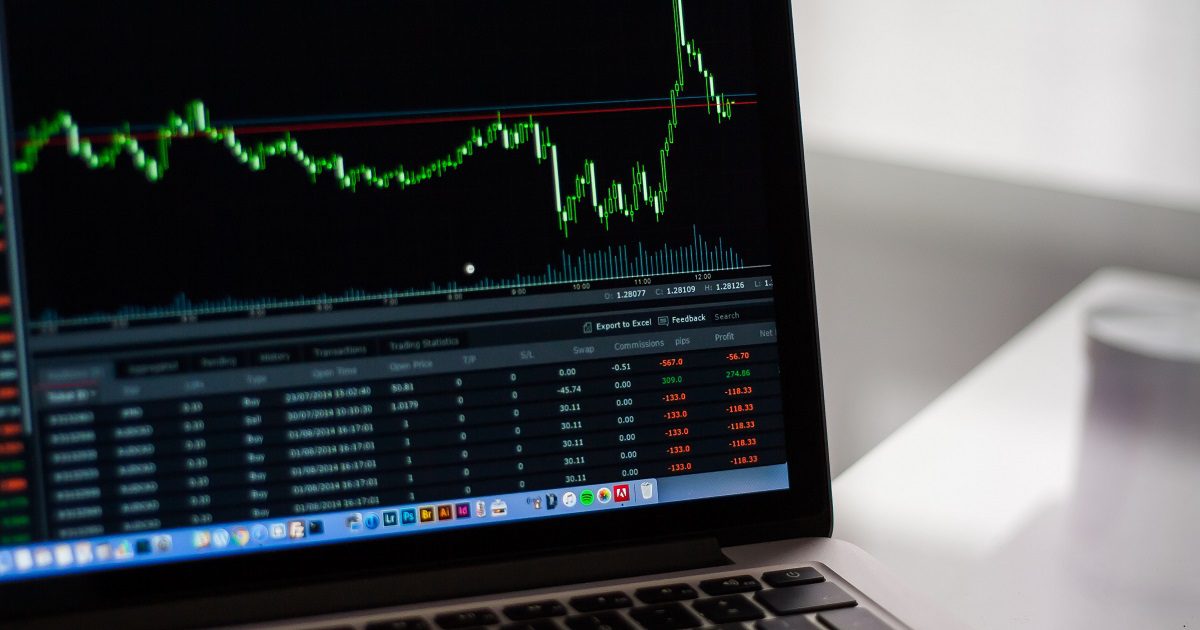It has now been a week since the New Science and Technology Innovation Board of the Shanghai stock exchange (Star) opened on Monday. The first announcement occurred about a year ago by the Chinese president Xi Jinping. Now trading has officially started, one month after the London-Shanghai Stock Connect.
Have a look at one of our previous articles: China’s Central Bank Unveils Financial Opening-Up Plan
What is the Star? How did the stocks progress, and what do analysts have to say about it? Keep reading to learn more.
How does the new Star Market work?
What it is:
The Star is a Chinese stock market for innovative Chinese high-technology companies. 25 companies are listing, 24 of which for the first time. Additionally, according to the Star Market’s website, 149 other companies have started the registration process.
The Star Market officially supports 6 specific “strategic industries”:
- New Generation IT
- High-end Equipment
- New Materials
- New Energy
- Energy Conservation & Environmental Protection
- Biomedicine
The Rules:
The Star Market’s regulations are based on the NYSE, Nasdaq and Hong Kong stock exchanges. The main characteristics of the Star are the following:
- Western style registration IPO-system (initial public offer)
- No need for government approval to be listed
- Dual-class shares are allowed. This enables founders of fast-growing tech businesses to keep control
- Allowed weighted voting rights
- Companies losing money are permitted to list
- Investors are authorized to short-sell individual stocks
- No constraints on the ratio of a share-price to the company’s earnings
Regarding share-price fluctuations, two rules apply:
- First of all, the opening day of trading was exempt of the rule that limits gains on exchanges to 44% maximum. However, after the first 5 days, daily price-changes will be limited to 20% upside/downside.
- “Circuit-breaker rules”: if the stock of a company rises or falls 30% from the opening price, the trade will be suspended for 10 minutes.
For now, the board is primarily aimed at local investors. It is not sure whether this rule will change in the future to create opportunities for foreign investors.
Good to know: China had already made two previous attempts at establishing a new major equity market. The first one was the ChiNext, launched in Shenzhen in 2009. The second one, the New Third Board, started in 2013. Neither of them managed to gain enough investor interest. However, as the structure and rules of the Star Market greatly differ from China’s previous attempts, the outcome will not necessarily be the same.
The Aim:
One of the goals of the Star Market is to “promote the market-oriented reform of the capital market”. The government also uses the Star Market to encourage Chinese companies to be less dependent on foreign investment. Indeed, some big Chinese companies like Alibaba and Tencent flew out of China to be listed abroad – in New-York and Hong Kong respectively. With the new Star Market, China tries to win such companies back.
Finally, China’s main goal with this new board is to become a global leader in the technologies sector. Especially with the ongoing trade war with the USA, China wants to boost its power to counterweight the importance of other global stock exchanges.
First Week’s Developments: Is the Star just a “gambling casino”?
During the first 5 days, there were two distinct phases.
First, at the end of the opening Monday, stocks gained on average 140%. The gains ranged from 84% to 520%. In total, the listed companies raised about 37 billion yuan – which corresponds to $5.4 bn.
Then, investors started taking profits from gains on the first day. Therefore, the stocks fell for the following few days. 14 of them fell by more than 10% on Tuesday. Two days later, the stocks were slightly higher. Yet, analysts see this only as a short-term recovering. They connect it to a potential progress in trade-talks between China and the USA.
Concerns
At the end of the first day, listed-companies were worth 120 times earnings on average. For comparison: Nasdaq-listed companies are only worth 24 times earnings. Furthermore, retail investors represented 90% of buying transactions, and short-selling transactions 67% of margin buying.
Consequently, some analysts have outed their skepticism. They are concerned that the Star will not be able to attract long-term investments. Because of the speculative nature of its transactions, the board may not be a stable source of investment capital. Head researcher Castor Pang Wai-sun sees it like this. For him, the Star Market “is just like a gambling casino, because the share prices stretch up a lot. Everyone is trying to make short-term profits”.Do you want to learn more about business in China? Get in touch with our team for a consultation and follow us on social media to receive the latest news.
Our experienced team has the necessary expertise and the know-how to support you with your business – have a look at the services we offer.
Also, don’t forget to follow us on social media to receive all the latest updates!
See how much salary you receive after tax and check your company value without leaving WeChat!
Also, our Mini Program can estimate the salary in your industry, for your experience level and position. A huge help for salary negotiations!







